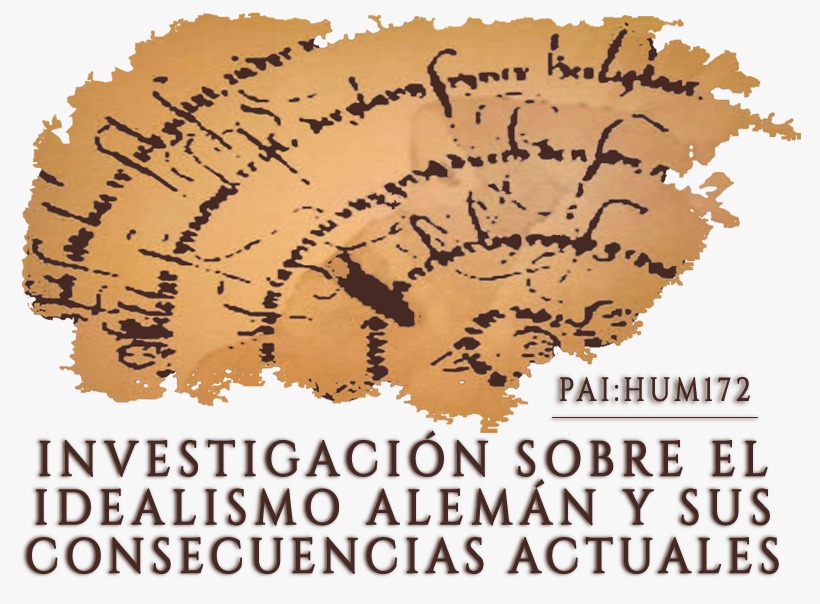HEGEL AND THE PHILOSOPHY OF RIGHT
7th INTERNATIONAL CONFERENCE OF THE SPANISH SOCIETY FOR HEGELIAN STUDIES
HEGEL AND THE PHILOSOPHY OF RIGHT
University of Malaga, October 13-15, 2021
The Spanish Society for Hegelian Studies (Sociedad Española de Estudios sobre Hegel) is pleased to announce its VII International Conference to commemorate the 200th anniversary of the publication of the “Philosophy of Right”, which could not be organized in 2020 due to the pandemic situation.
The aim of the 7th International Congress of the Spanish Society for Hegelian Studies is to explore —on historical, theoretical and practical levels— the Elements of the Philosophy of Right (1821), as well as its antecedents and its consequences. Both in the history of philosophy as well as in humanities and social sciences. Hegel elaborated the first great systematization of the constitutive elements of human societies, their formation and dynamics. Consequently, the interest of the Hegelian Philosophy of Right is not restricted to philosophy and/or law, but also to cultural anthropology, sociology, economics, political science, the theory and history of institutions, and so on.
Law is not only a rational reality, that is to say, intelligible, but it also expresses the full self-consciousness and maturity of human groups, their ideals and values, which they in turn embody and proclaim in their political constitutions. Law is therefore, in addition to a rational reality, the rational reflection of a human group about itself, of its spirit as a determined and differentiated human group, and of the voluntary decisions that constituted it as a group, organized it and kept it united as such. And therefore, at the level of Law the reality is rational, yes, as in the physical universe, but also the rational —reflection and will— becomes reality. Therefore, at the level of Law, the dualism between the real and the ideal is overcome, because ideals —Sittlichkeit— are the intrinsic foundation of the reality that human groups freely and consciously give to themselves, and by which they organize their lives in order to meet the needs posed by nature by means of the freedom of their spirit.
The human being is not a mere isolated singularity. In order to live and inhabit the different parts of planet, human beings have to overcome the reciprocal exteriority of their singularities, so that they are grouped in a series of historical processes that go from the elementary and minimally social group —family, clan, and in general kinship relations— to the state organizations, passing through the ethical and legal systems that are articulated in an orderly manner to regulate and attend to the system of needs of that group. By inhabiting the Earth in this way, they generate a set of objective expressions, which become autonomous, and which are common to all the singularities of the group, and which Hegel called "objective spirit". These in turn are internalized by each new human being who comes into the world in that group. Therefore, they constitute an essential ingredient of the self-consciousness of the individuals of that group, and of the cohesion of the group as such.
In the Elements of the Philosophy of Right Hegel undertakes the task of thinking the process of formation, organization and dynamics of the different levels of human society. He researched the consciousness that human groups acquire of themselves and of the institutions with which they decide voluntarily and reflectively to organize collectively how to meet of their needs (political institutions but also economic, educational, juridical, defensive, etc.), which finally take shape reflectively in their political constitution at the level of the State. Political constitutions, then, by assuming the entire institutional structure of the States, should be the expression of the full awareness of the spirit of that human group, of that people —Volkgeist—.
